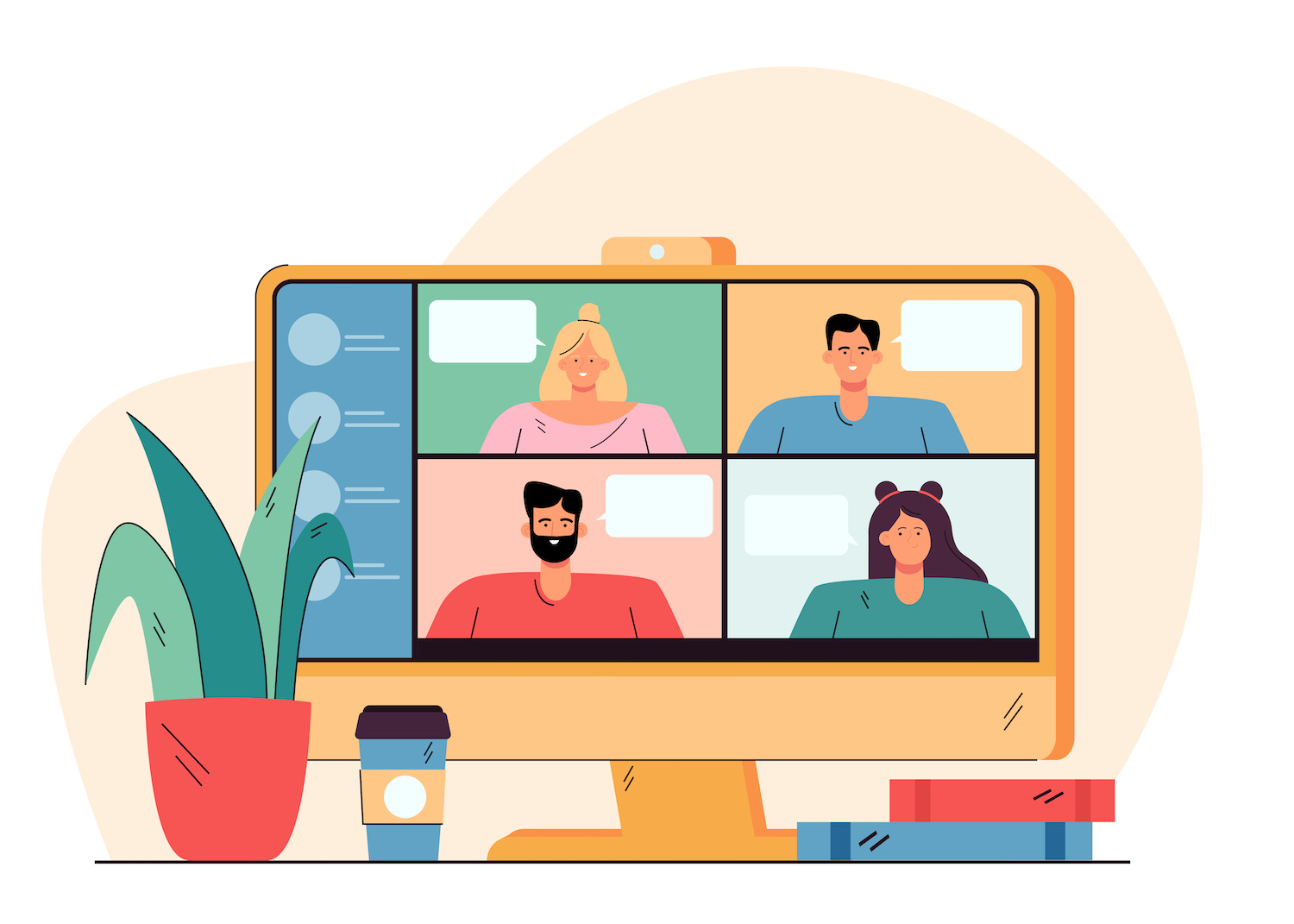Tips for online security to safeguard your accounts
1q2w3e. Qwerty123. 123456789.
It's not like there's a cat has been cruising over my computer while I write this (sadly). Friends are three of the most commonly used- and hacked -passwords in the last year. They're responsible in 63.1 million passwords around the globe - chump change when compared with 103.1 million accounts which use the safe "123456" as their password.
Internet The Internet is a great tool for improving our lives.
Here are some easy internet security tricks you can incorporate into your accounts online (on as well as off!) for a solid foundation of security practices. In need of more than a technological approach? Let's explore some concepts there, too.
Security tips online for your growing business
Imagine this scenario: nearly 70% of Internet users within the U.S. admit to using the same password for at least one of their internet-connected accounts. This creates a risky Domino result. If one account in your teams' accounts were affected, there's a high chance you have additional accounts also at risk.
A good sense of security makes good business sense.
The first and most important way to safeguard your business or staff and also your customers is to secure the many accounts it may require for managing your business. If you manage a team of twenty or two, each of you must be aware of fundamental security concerns for accounts.
Five online security tricks we use at .
1. Password managers
Do use a password manager for storing passwords.
You shouldn't keep the HTML0 codes on sticky notepapers or inside notebooks.

Password managers can help you to keep your mind clear. They do not simply keep every password for all accounts in one location and help you create solid passwords, they also change existing account data as well as log you into -- all completely automatically. Most popular password management software includes LastPass, 1Password, and Dashlane (freemium and premium options offered).
2. Unique passwords
Do create unique passwords to every account.
Do not create the same password across all.

If you're using the same password on each account, and the security or service has been compromised, it means that password is now at risk. A compromise of your social media password though not fantastic, has different consequences like, say, your company bank account password.
3. Strong passwords
Do make sure you use secure, complex passwords. Do not choose passwords that are able to be easily deciphered , or even googled.

The name of your pet as the password will not suffice for any reason. However, if the name of your pet is similar to {the letters jr8Cc(pronounced using a soft "c") (pronounced using the soft "j," of course). The password management tools that we discussed earlier will help you create strong passwords to help you. If you don't have an account manager, most offer password generators on their sites for no cost and you'll be able to start creating strong passwords as quickly as you can.
4. Create two-factor authentication
Do create two-factor authentication.
Don't compromise security for easy login.

Two-factor authentication (also known as 2FA) is a method of adding another layer of protection to your account. Instead of just requiring a single password, 2FA needs an additional authentication procedure to establish that you are who you say you are and block someone from entering your password , even in the event that they already have your password.
There is a way to set up 2FA through requiring that a security number be given to your address when you log in or by using an Authenticator application that confirms your login via the mobile device. It is possible to activate 2FA. will add another level in your process of logging into your account. But it's also one of the most effective ways to be sure that the information you have entered is only intended for only you.
5. Accounts for individuals, across the all the
Do utilize different accounts on various platforms.
Avoid using shared accounts. make use of shared accounts.

Individual accounts that are dedicated provide solutions to a wide variety of problems for rapidly growing enterprises. A great example is onboarding/offboarding where shared accounts are in play. If someone leaves your company, resetting passwords on accounts is the most effective option. However is it the case if you have a plethora of accounts? What happens when those passwords are transferred?
This can be solved by using Team functions. This will ensure that everyone has their own account instead of sharing one. Enterprise includes plenty of administrative users as well, ensuring that you'll be protected as your team expands.
The idea of asking your entire team or organization to supervise accounts using too many credentials could inadvertently lead to more don'ts than there are to be. There is a good news: there's an option that works for everyone using SSO. (SSO ).
6. SSO assists in saving the day
There are no "don'ts" here and whenever you're able to utilize single sign-on (SSO) make sure you use it. SSO takes care of everything you need with one swoop superbly.

SSO is one user account which allows access to multiple but independent platforms. SSO implies that users do not need to keep track of a different password. SSO can help administrators save time because they don't require the creation or management of even more accounts. It's simple and simple, which makes the adoption of SSO in your company easy and efficient.
Each new password and account grows your company's attack surface (the amount of entry points an attacker could use to gain access to your data and systems). Shortly, SSO means no extraneous passwords: there are no passwords that you can duplicate, write down or to create a vulnerability.
If there's one lesson to be learned from these Internet security tips, it's this: It only takes being wrong one moment to trigger a crisis. There's no one who wants issues in security to hinder your business's growth. If your video security practices don't meet the standards, they can help.
Enterprise is a magical silver SSO solution for all customers. If you have a team working in collaboration, live streaming or watching videos Enterprise's SSO assures that every person with access to the content of your videos is in the lock.
Article was first seen on here
